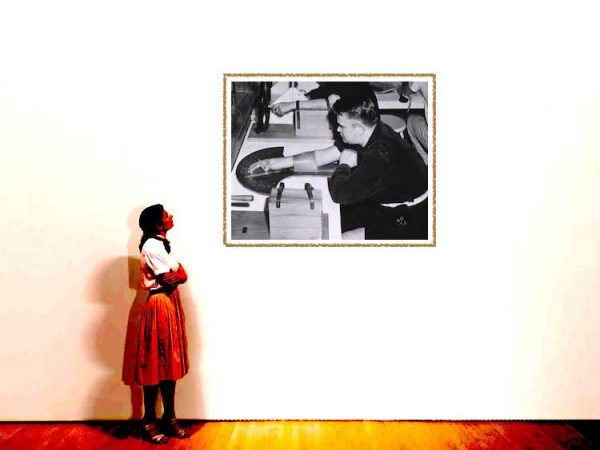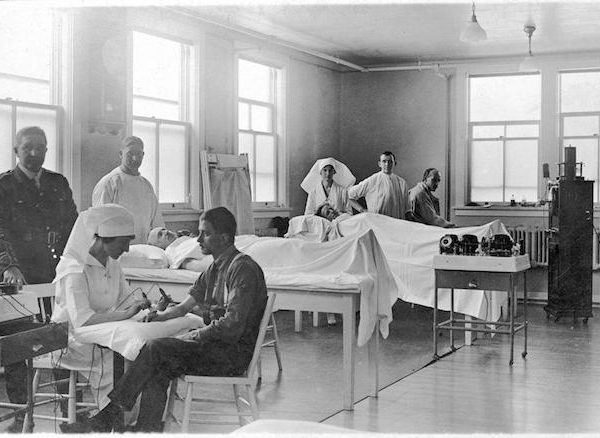
Interview with Patricia Grohne
Last week I spoke with Patricia Grohne about some of the work she has been doing with her colleagues to record and celebrate the history of physiotherapy in British Colombia, Canada. As well as this brief audio interview, Patricia has provided a brief ‘Story of the Physiotherapy History of British …
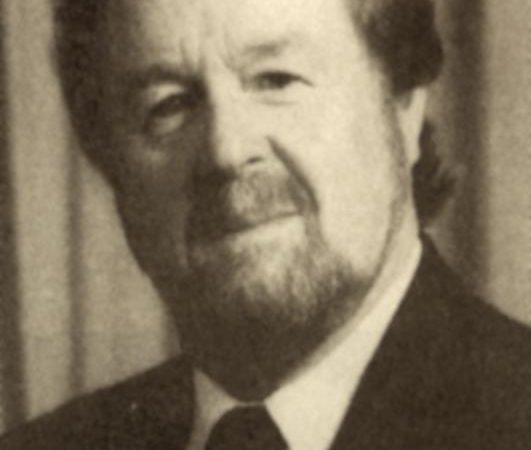
Remembering Brian Davey
We heard last week of the recent death of Brian Davey. I had the good fortune to interview Brian as part of the centenary celebrations for New Zealand physiotherapists in 2013, and it was only here that I got to understand the full breadth of his work and his service …
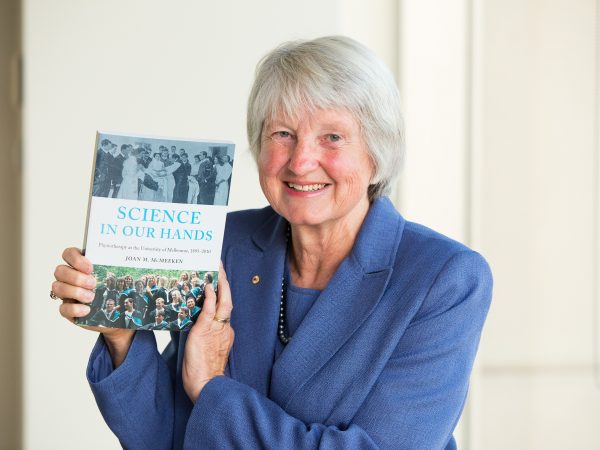
Interview with Joan McMeeken
Last week I spoke with Professor Joan McMeeken about her recent book Science in Our Hands: Physiotherapy at the University of Melbourne, 1895–2010. Joan is the Foundation Professor and was Foundation Head of the School of Physiotherapy and Associate Dean Faculty of Medicine, Dentistry and Health Sciences at the University of …
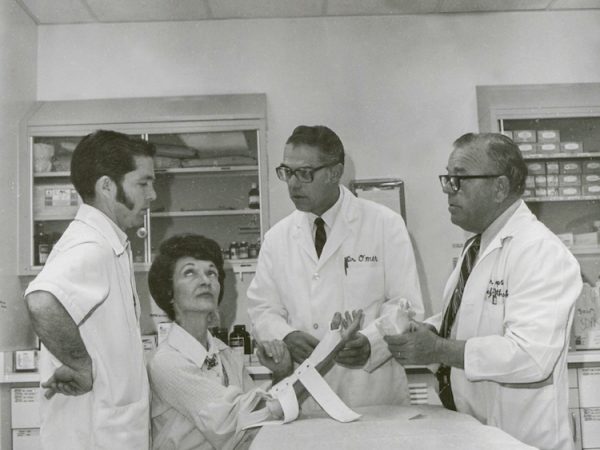
A brief history of Brazil’s Federal Council of Physical Therapy and Occupational Therapy (English & Portuguese)
The aspiration in forming the Council was to create a federal entity that would act as ethical and social regulator of the profession, whose advent resulted from the work of the Brazilian Association of Physical Therapists together with local associations and state leaderships. Initially linked to the Ministry of Labor …

Work
Physiotherapy is inextricably linked to work; to returning people back to productive labour or meaningful activities. As an important cog in the health services of many countries around the world, physical therapies have proven a powerful and effective way to rehabilitate people who have been ill and injured and maintain their …
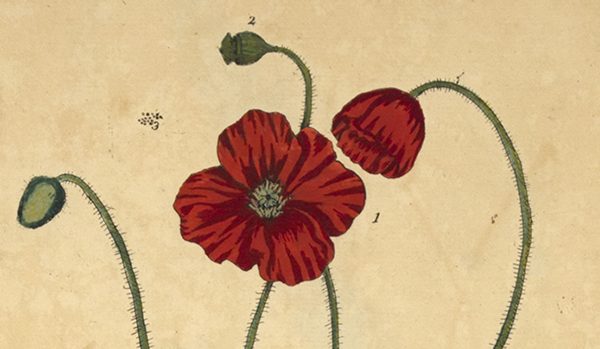
Physiotherapy history as a tool to identify the ‘soul’ of the profession
“Critique needs friction or a kind of dialogue. Existing reality must be confronted with strangeness and the historically different can assume the function of this counterpart, meaning present and past must continuously be set in relation to each other”. This quote comes from a recent paper by Thomas Foth, Jette Lange and …
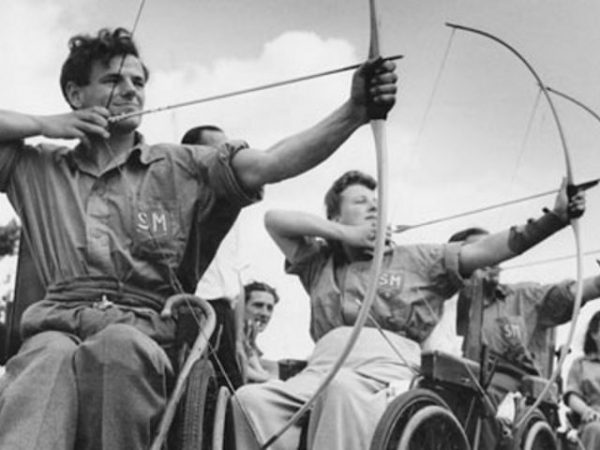
New book: The Oxford Handbook of Disability History
The Oxford Handbook of Disability History (link) Michael Rembis, Catherine J. Kudlick, and Kim Nielsen, eds. Table of contents Part I. CONCEPTS AND QUESTIONS 1. The Perils and Promises of Disability Biography – Kim E. Nielsen 2. Disability History and Greco-Roman Antiquity – C.F. Goodey and M. Lynn Rose 3. Intellectual Disability …
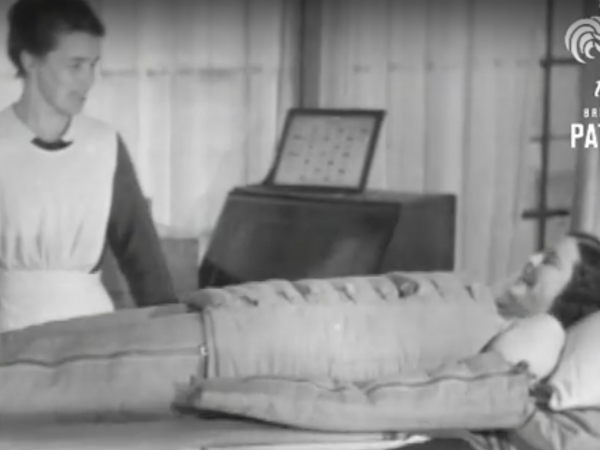
The Massage Robot (c.1931)
“Most of us know how valuable massage is for our limbs but most of us also know what a tiring job it is – too! “Here’s a novel pneumatic massage machine, that envelops the patient like a diving suit, and massages the body by means of air impulses circulating through …
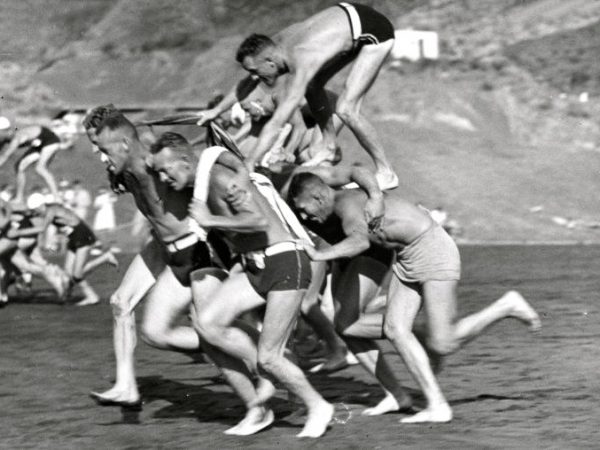
Become a history.physio contributing author
With the new history.physio website, we’re looking to have contributions from across the whole physiotherapy community. Each month we’d like to publish a short piece from 8 to 10 IPHA members who would be our regular contributing authors. We’d provide full editorial support and promotion, and in return give you …

